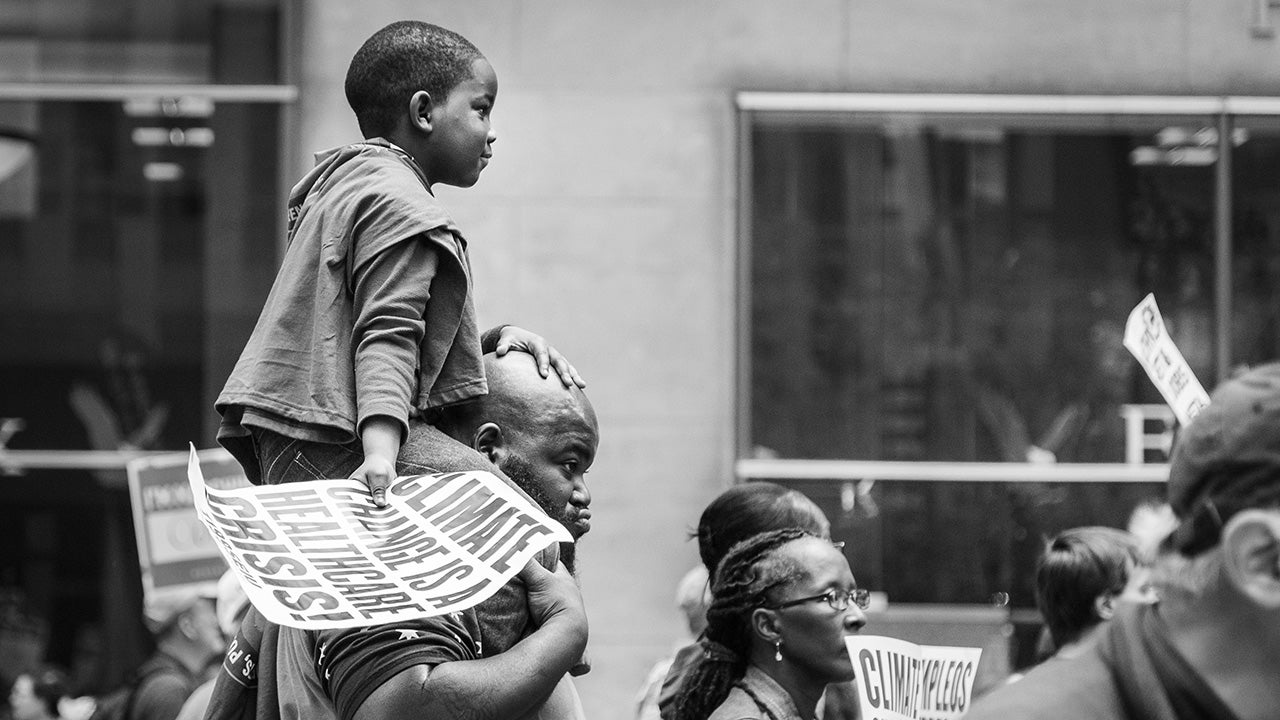Anthony Leiserowitz is the director of the Yale Program on Climate Change Communication and a senior research scientist at Yale School of the Environment. An expert on public climate change and environmental beliefs, policy preferences, and behavior, he conducts extensive research and has published more than 200 pieces on these topics. He agreed to answer some of our questions before taking the stage at Aspen Ideas: Climate in a session called ‘Climate Change in the American Mind.’ Register for the event here.
Tony, you conduct research on the American public on all levels. In recent years, what are some commonalities that have surprised you the most?
In 2021, we saw a large increase—to record highs—in public understanding that climate change is happening, affecting the weather, and harming people in the US. We think the signal of direct and vicarious experience of climate-enhanced extreme weather is starting to emerge out of the noise, including politics, surrounding the issue of climate change.
How is information being collected and shared about and for vulnerable populations, including the elderly and communities of color?
Our national surveys reveal the climate beliefs, attitudes, policy support, and behavior of diverse kinds of people across different ages, races and ethnicities, income levels, religions, and politics. In general, we find that the most vulnerable populations tend to perceive climate change as a greater risk to themselves, their families, and their communities.
In your research, you account for the importance of someone’s background—cultural, political, psychological—and how that impacts their decision-making. Is there data to show that one of these areas greatly informs the way someone understands climate change?
Human beings are complex—all of these factors and others, like geography, have large influences on how people understand the issue of climate change, how they perceive the risks, and what (if anything) they are doing to address it.
How does the media help or hurt the education of audiences regarding climate change? Do you find differences in media portrayals of climate disasters across countries and cultures?
The media plays an essential “mediating” role between the science of climate change, the public, and decision-makers. Most people only know about climate change because of what they’ve learned about it through the media. So when the media does not report the issue, it’s literally out sight and out of mind for most people.
In the past few years, however, most media organizations in the US and increasingly around the world are starting to report on climate change more often, which is critical. And one big shift in media narratives aligns with the increase in record-setting extreme events. In the past, many articles described climate change impacts as distant in time (a generation or more away) and space (e.g., about polar bears or other countries). People everywhere are increasingly now seeing stories about how climate change is affecting people right here, right now.
In an urban environment like Miami, how do you engage a diverse group of people around climate action?
Engagement starts with people talking about the issue and what it means for Miami as a whole and specific communities within the city. The CLEO Institute is an excellent example of a group that is helping to lead these community conversations.
The views and analysis expressed in this article are those of the author and do not necessarily represent those of the Aspen Institute.
This piece is part of In Focus: Rising to the Climate Challenge, a multimedia informational campaign that draws on the expertise of Institute programs. We look at four main facets of the climate change issue—labor and the economy, youth and education, public health and safety, and communities. To get campaign updates and other news from the Aspen Institute in your inbox, sign up for our newsletter.


